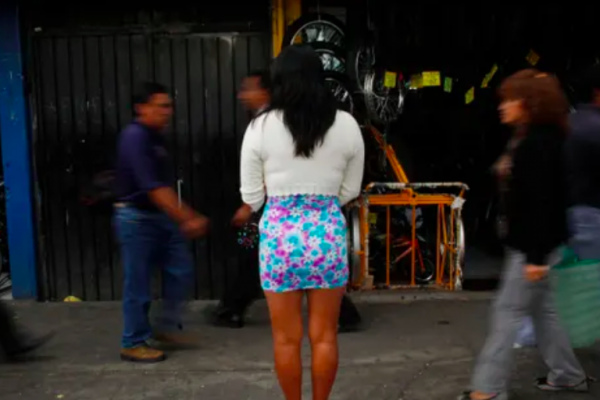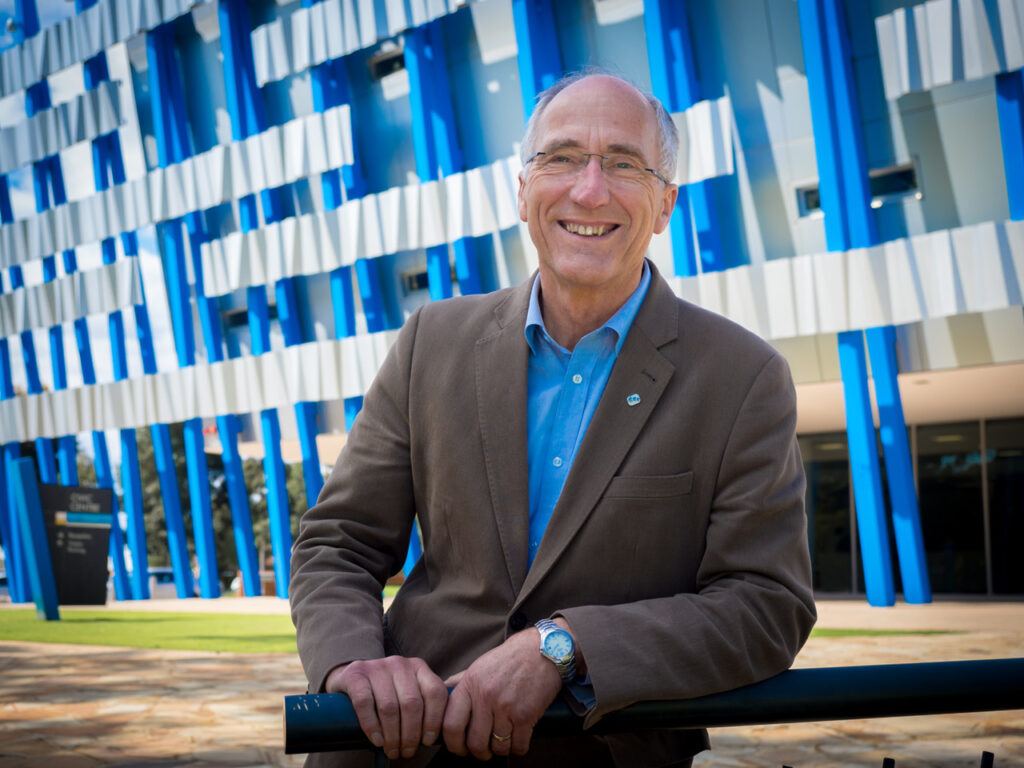Mexico City lawmakers have voted in favour of a bill to remove a line in civic culture law that criminalises both sellers and buyers of sex. The move is reportedly hoped to curb sex trafficking in the area, but decriminalising the purchase of sex will likely have the opposite effect- the demand for prostitution fuels sex trafficking.
When the sex industry is legalised or decriminalised, visiting a brothel, a strip club or lap-dancing club, or paying for sex becomes more culturally accepted. It’s no longer illegal, and it’s not out of the ordinary for men to purchase sex or sexual entertainment. This is how legalising or decriminalising the sex trade legitimises it, which serves to expand the industry, including both legal and illegal brothels. As the market expands, there are not enough women to meet the growing demand, and more women and girls must be brought in to meet it. This is how legalisation/decriminalisation leads to a rise in trafficking.
A study of 150 countries found that legalised prostitution leads to an expansion of the prostitution market, increasing human trafficking, and that on average, countries where prostitution is legal experience larger human trafficking inflows.
The Nordic model, pioneered in Sweden in 1999, takes a different approach. The Nordic model is based on the understanding that it is men’s demand for women and girls that fuels the commercial sex industry, and as such targets buyers. Under Nordic legislation, the purchase of sex is criminalised, as well as pimping and brothel keeping, but the sale of sex is not. Prostitution is recognised as men’s violence against vulnerable women and girls.
Since Sweden’s success under the Nordic model, a number of countries have followed and implemented similar legislation. These include Norway, Iceland, Northern Ireland, Canada, France, Ireland, and most recently, Israel.
We will continue to fight for the dignity and rights of women and girls, and advocate for the Nordic model. No person should be bought or sold.







